- News
- Reviews
- Bikes
- Accessories
- Accessories - misc
- Computer mounts
- Bags
- Bar ends
- Bike bags & cases
- Bottle cages
- Bottles
- Cameras
- Car racks
- Child seats
- Computers
- Glasses
- GPS units
- Helmets
- Lights - front
- Lights - rear
- Lights - sets
- Locks
- Mirrors
- Mudguards
- Racks
- Pumps & CO2 inflators
- Puncture kits
- Reflectives
- Smart watches
- Stands and racks
- Trailers
- Clothing
- Components
- Bar tape & grips
- Bottom brackets
- Brake & gear cables
- Brake & STI levers
- Brake pads & spares
- Brakes
- Cassettes & freewheels
- Chains
- Chainsets & chainrings
- Derailleurs - front
- Derailleurs - rear
- Forks
- Gear levers & shifters
- Groupsets
- Handlebars & extensions
- Headsets
- Hubs
- Inner tubes
- Pedals
- Quick releases & skewers
- Saddles
- Seatposts
- Stems
- Wheels
- Tyres
- Health, fitness and nutrition
- Tools and workshop
- Miscellaneous
- Cross country mountain bikes
- Tubeless valves
- Buyers Guides
- Features
- Forum
- Recommends
- Podcast
Six essential tools for cyclists who do their own bike maintenance
If there’s an area where the adage ‘buy quality, buy once’ applies, it’s bike tools. Good tools work better, last longer and are less likely to damage the parts you’re working on. Think of them as an investment, not a cost.
> Beginner's guide to bike tools
A fully-functioning bike that is set up correctly is key to getting the most out of it, and making your ride even more enjoyable whether you're a seasoned racer, commuter or casual pootler.
If you're just getting into home bike mechanics, the huge variety of tools out there can be pretty daunting; so we've put together six must-haves that anyone would benefit from having in their tool kit. You might need to learn some new skills, but thanks to the internet and a huge number of useful how-to guides out there, it's never been easier. So without further ado, let's get started with our list...
Allen key set
Ok so this is technically more than one tool, but we can probably collectively agree that a decent set of Allen keys is one of, if not the most essential thing in your tool kit! 4mm and 5mm sizes are the most common, but if you're buying a set we'd recommend getting one that has sizes down to at least 2mm.
If you have a garage or large workshop space, then T handle-type keys come highly recommended and give you plenty of grip; but if you're tight for space or want to buy a full set all at once, a quality set of standard Allen keys like the one above should be fine. Quality is key, as you don't want to be rounding off bolts on important parts of your bike that will need regular tightening.
Tyre levers
Unless you have extremely robust thumbs, a set of tyre levers will probably be needed for every tyre change you make; particularly with tubeless tyres - renowned for being tougher to fit than standard clinchers more often than not - now getting more and more popular.
We wouldn't usually recommend metal levers, as they can damage your rims. Plastic is often the way to go, and as they're inexpensive it's worth getting a few sets to decide which type you like best, and also so you always have some when you need them; a set for the workshop and one for your saddle bag/jersey pockets as a minimum.
Cable cutters
Unless you're lucky enough to own a bike with electronic shifting, then keeping the inner and outer gear cables fresh is the best way to keep your bike changing gears the way it should. It might seem like a daunting task at first, but after a few goes and working out your bike's cable routing quirks, it can be done without too much faff.
A quality set will have a sharp cutting blade, and be capable of cutting through inner and outer cables, plus brake cables and hoses. Sometimes cable cutters will have a few extras, such as a cable crimping function, or a tool for opening up the holes in your hoses.
Torque wrench
Torque wrenches aren't cheap, but when you consider the consequences of not tightening your bolts correctly, it pays for itself. Overtighten a seat clamp, and in the worst cases it's possible to seriously damage a carbon frame.
> 9 of the best torque wrenches
There are numerous different types of torque wrench, and the most expensive ones will have digital displays that bleep when you're at the desired torque. We recommend getting one with a range of about 2-10Nm to cover the vast majority of bolts on you bike.
Master link pliers (and chain tool)
So this is cheating a bit because it's two tools, but both are needed to do the job of removing and attaching your chain. Most chains nowadays have a 'quick link' for more easily linking your chain up and removing it; however it's still wise to invest in a specific set of master link pliers for getting it out rather than bodging it. With a master link tool like the one above, you can quickly and easily get the link off without using your hands, which might be quite difficult if your chain is muddy.
A good chain tool is also essential for getting the length right when installing a new chain. You will sometimes find chain tools on multi-tools, but a bigger and better specific one is always recommended for comfort and ease of use.
Chain whip and freehub tool
Ok, so really this is a round-up of at least eight essential tools... but there isn't really any situations where you'd use a chain whip without a cassette tool, so the two go hand in hand. To keep the cassette steady when you're removing it, you'll need a chain whip - or a handy modern equivalent like the cassette wrench pictured above - to hold it in place while the cassette tool is doing the loosening. They will often be made to fit a variety of different chains, and the one above is compatible with 12-speed on one side and 11-speed on the other.
You can buy a cassette wrench separately from the lockring tool (a good idea if you need multiple different types between bikes) or an all-in-one like the example above. On compatible wheels it can often be used to undo disc brake rotors, and invariably they will have a central guide pin; although this isn't essential.
Invest in all of these tools, and you'll be able to complete a whole host of bike maintenance tasks and in the long run, probably save yourself a bob or two.
Thanks to our friends at Unior for kitting out the road.cc tool shed
Jack has been writing about cycling and multisport for over a decade, arriving at road.cc via 220 Triathlon Magazine in 2017. He worked across all areas of the website including tech, news and video, and also contributed to eBikeTips before being named Editor of road.cc in 2021 (much to his surprise). Jack has been hooked on cycling since his student days, and currently has a Trek 1.2 for winter riding, a beloved Bickerton folding bike for getting around town and an extra beloved custom Ridley Helium SLX for fantasising about going fast in his stable. Jack has never won a bike race, but does have a master's degree in print journalism and two Guinness World Records for pogo sticking (it's a long story).
Latest Comments
- Rendel Harris 14 min 36 sec ago
Laverack still offer the same machine in a rim brake version so the "disc" is there to differentiate it from its stablemate.
- Rendel Harris 20 min 18 sec ago
It's entirely subjective and I can't find any statistics to back it up, but my impression over (far too) many years of watching Paris Roubaix is...
- mdavidford 52 min 57 sec ago
Quite right - get those soapboxes off our roads. As everyone knows, the right place for them is the internet.
- Bungle_52 56 min 12 sec ago
It's finally live. Here is the link :...
- mctrials23 57 min 14 sec ago
I sometimes feel like I am mad. Do they genuinely believe this sentencing is a deterrent. The driving standards in Ireland are a fucking joke and...
- David9694 57 min 32 sec ago
First warm and sunny weekend for the New Forest
- Rendel Harris 2 hours 46 sec ago
The Michelin Power Gravel Adventure might fit your requirements, or the Vittoria Terreno Zero ("tubeless ready" but no reason you couldn't run it...
- hawkinspeter 1 hour 56 min ago
Council showing 'utter disregard' for people against Liveable Neighbourhood scheme:...
- hawkinspeter 30 min 52 sec ago
Better in some places and worse in others. There's still plenty of gridlock going on. I want them to bring back the rickety flyover by Temple Meads...
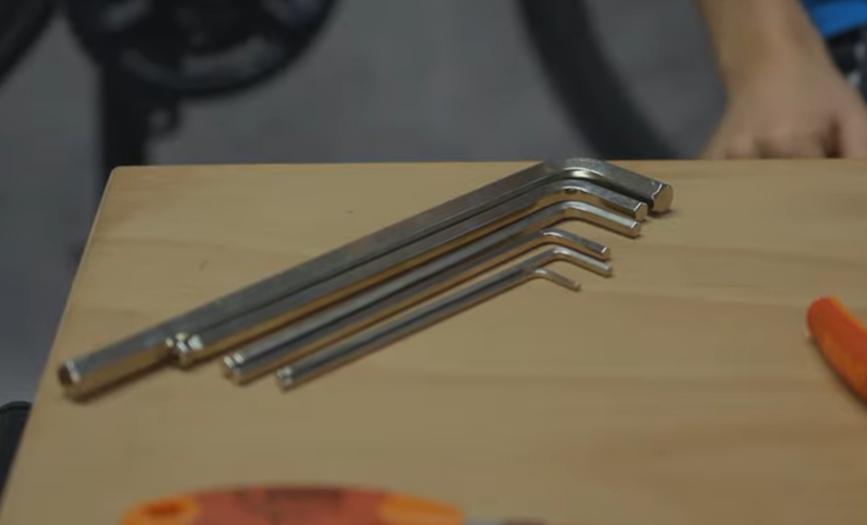
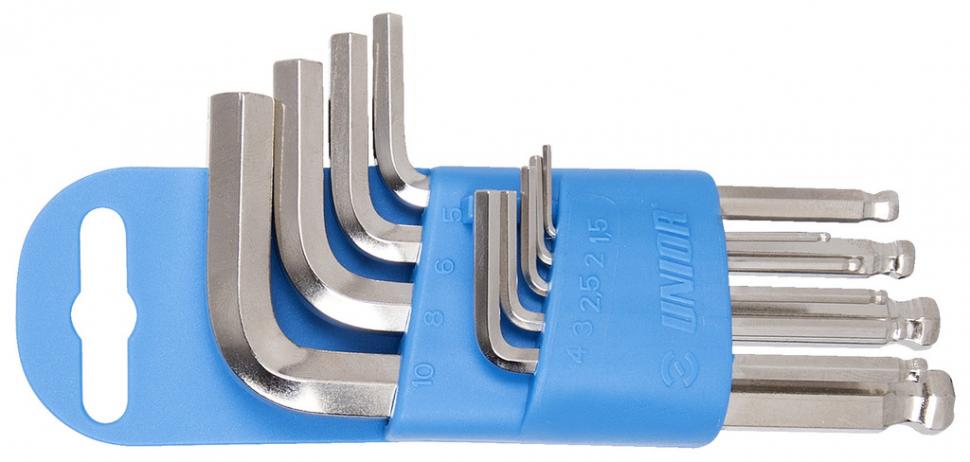

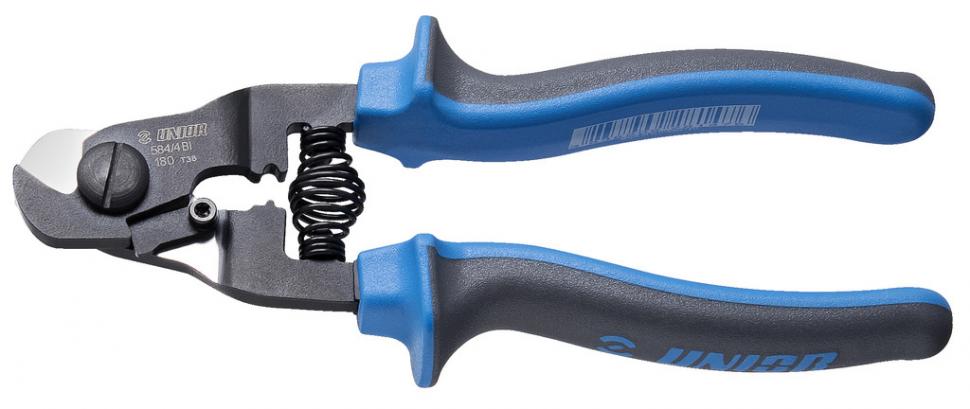
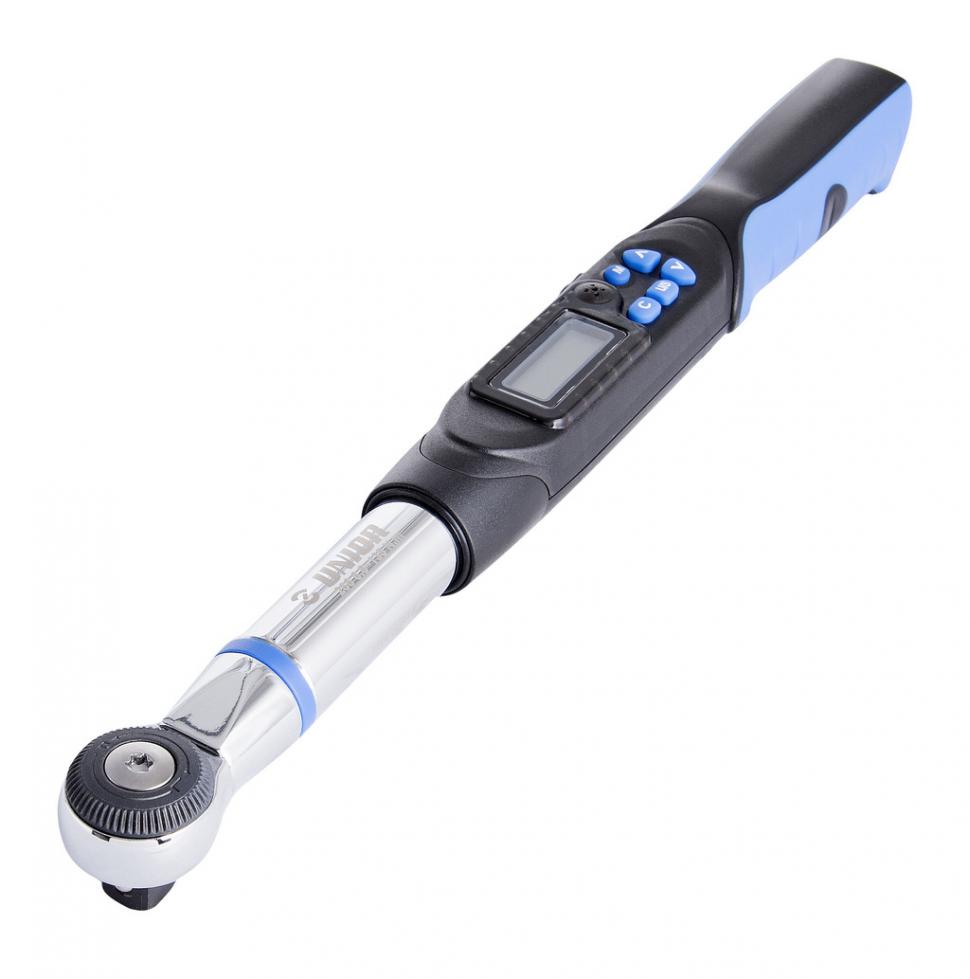
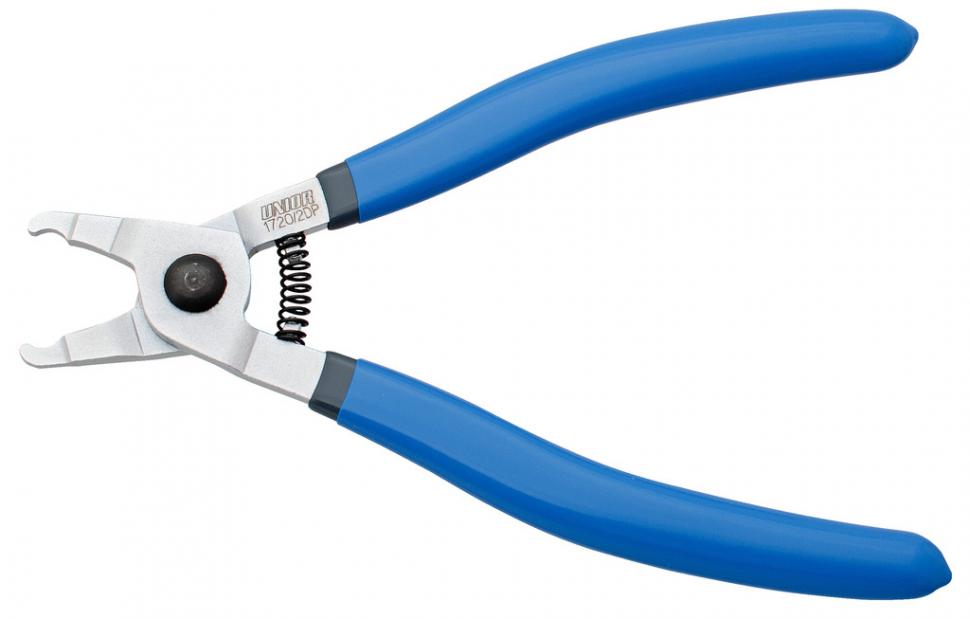
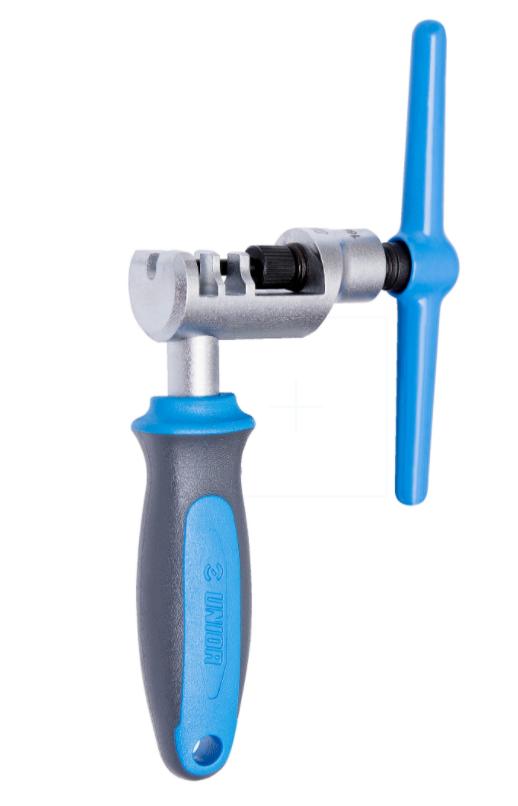


Add new comment
2 comments
I realise that no-one is allowed to offer listicles of precisely 10 of anything these days, but in this case I can't get my essentials down to six without cheating either. So, FWIW here's my distilled list...
Re cable cutters, I would regard them as less essential than, say, an external bottom bracket removal tool as I tend to replace external bottom brackets more often than recabling any of my bikes.
A pump would be handy. Also a toolbox